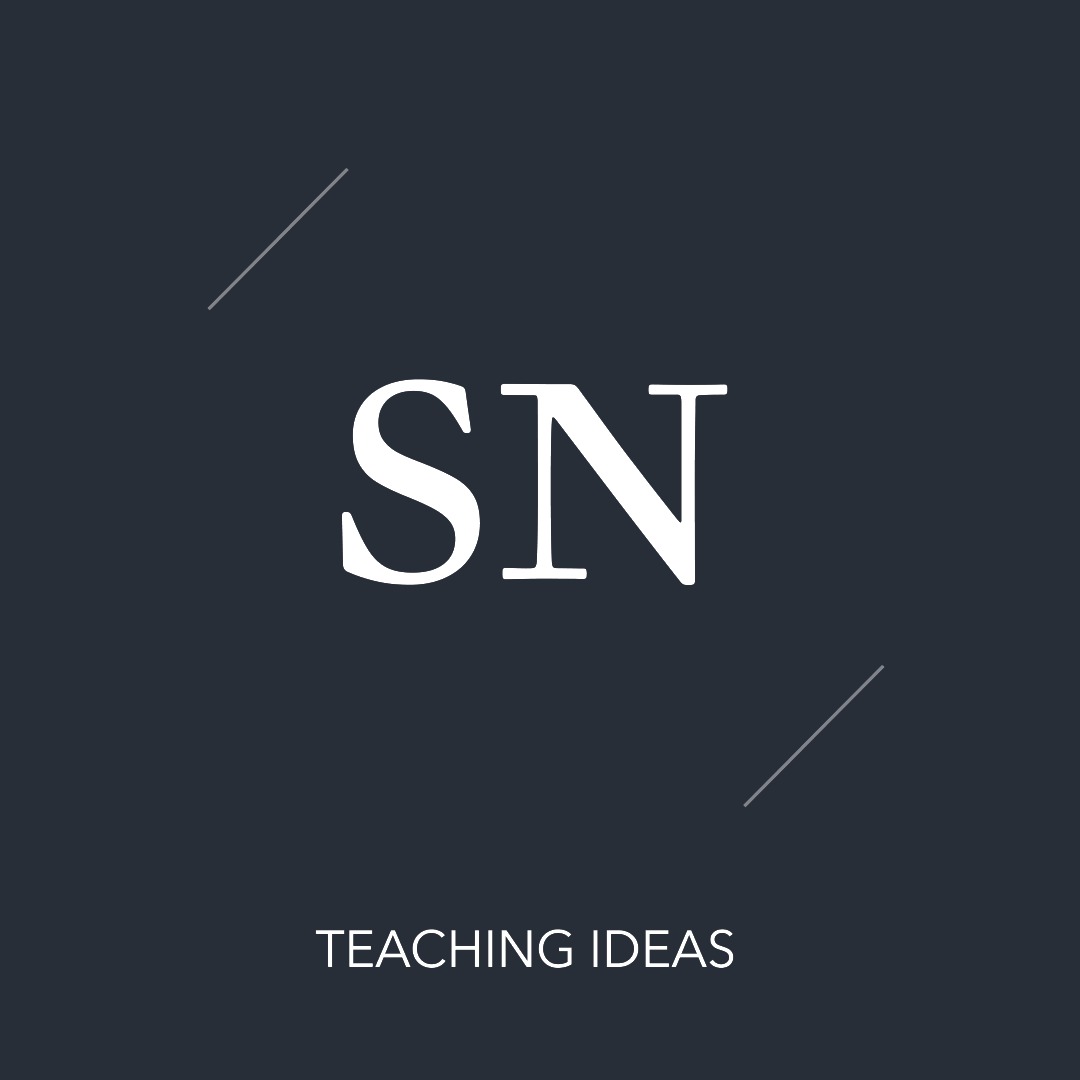Introduction
From personalised learning platforms to virtual tutors and automated grading systems.
AI promises opportunities to deliver inclusive, equitable, and quality education, aligning with Sustainable Development Goal 4 (SDG 4). However, this transformation also poses critical challenges: What does the future of education mean for teachers, curricula, and lifelong learning?
UNESCO’s Futures of Education initiative envisions a world where technology complements, not replaces, human educators. This article talks about how AI is reshaping education, with practical examples and case studies highlighting its impact on learning ecosystems globally.
The Changing Role of Teachers: From Instructors to Facilitators
Traditionally, teachers were knowledge providers. Today, AI automates administrative tasks such as grading, attendance, and even lesson planning, freeing teachers to focus on what humans do best: nurturing critical thinking, empathy, and creativity.
Case Study: Finland’s AI in Teacher Workflows
In Finland, schools are piloting AI-powered assessment tools that provide real-time feedback on student performance. Teachers report a 30% reduction in administrative workload, which allows them to spend more time on personalised student engagement.
Challenge: Educators fear losing autonomy when algorithms dictate lesson plans. Solution: UNESCO recommends AI literacy training for teachers, ensuring they understand how AI works and can critically evaluate its outputs.
Rethinking Curricula for an AI-Driven World
AI integration demands a curricular transformation to prepare students for a rapidly evolving future. Key competencies include:
- AI Literacy: Understanding the basics of machine learning and its societal impact.
- Critical Thinking: Navigating misinformation in AI-generated content.
- Socio-Emotional Skills: Collaboration and adaptability in human-AI work environments.
- Ethical Awareness: Promoting responsible AI use.
Example: Singapore’s AI Curriculum
Singapore introduced an AI-based curriculum in K-12, combining coding, ethics, and problem-solving. The goal? Equip students with future-ready skills, making them creators—not just consumers—of AI technologies.

Countries
AI has the potential to revolutionise lifelong learning, particularly in developing nations grappling with persistent teacher shortages and infrastructure deficiencies.
Case Study: India’s AI-Powered Learning Platforms
EdTech platforms like Byju’s and Khan Academy India use AI-driven adaptive learning to deliver personalised lessons in local languages. During the COVID-19 pandemic, these tools reached over 30 million students, ensuring learning continuity.
Barriers: Connectivity and affordability remain major challenges. UNESCO’s Call to Action: Promote Open Educational Resources (OER) and low-bandwidth AI tools to bridge digital divides.
Ethical and Policy Considerations
AI in education raises pressing ethical questions:
- Bias and Fairness: Are AI algorithms reinforcing inequalities?
- Privacy: How safe is student data?
- Transparency: Can educators and learners understand AI decisions?
UNESCO’s Recommendation on the Ethics of AI (2021) calls for global standards ensuring AI serves humanity and respects cultural diversity. Governments and institutions must adopt responsible AI policies aligned with these principles.
Visual Summary: AI’s Impact on Education
 Conclusion
Conclusion
AI is not a threat to education—it is a powerful ally when guided by human-centred principles. To achieve SDG 4, education systems must:
- Empower teachers with AI literacy.
- Redesign curricula to focus on critical, ethical, and creative skills.
- Use AI to promote lifelong learning for all, leaving no one behind.
The future of education in the age of AI depends on collaboration between educators, policymakers, technologists, and global organisations like UNESCO Together, we can build inclusive learning ecosystems where technology amplifies human potential.
References
- UNESCO (2021). Reimagining Our Futures Together: A New Social Contract for Education.
- UNESCO (2021). Recommendation on the Ethics of Artificial Intelligence.
- OECD (2022). AI in Education: Opportunities and Challenges.
